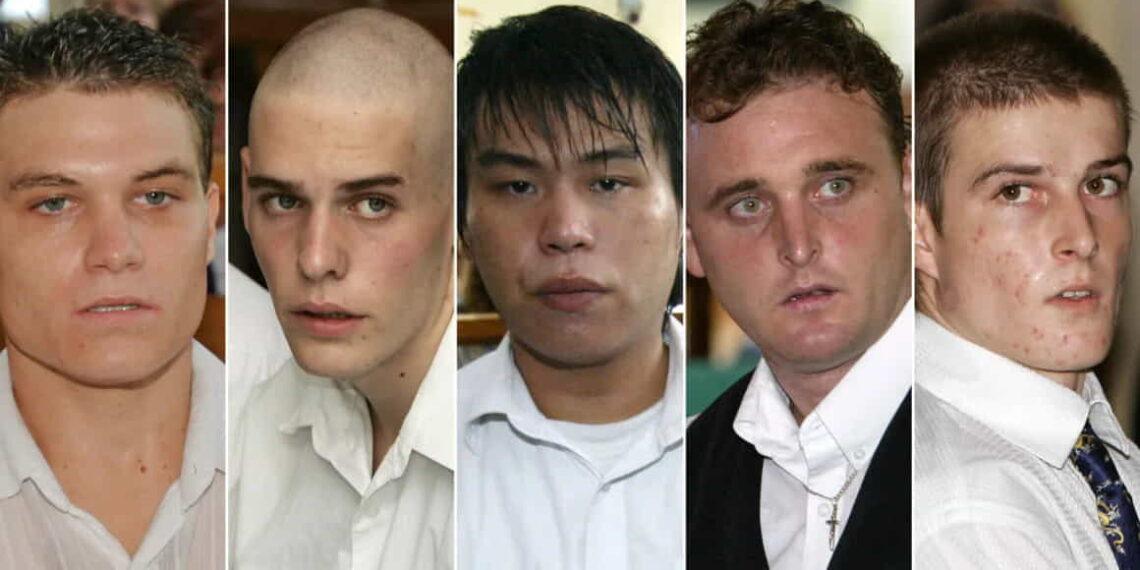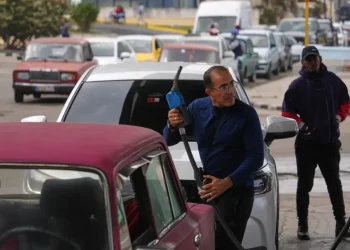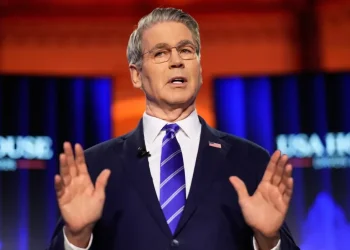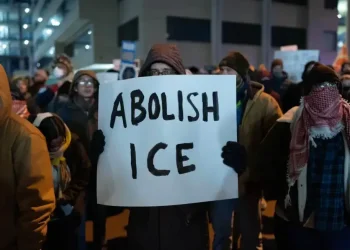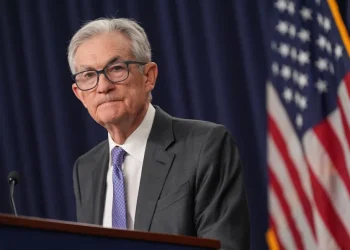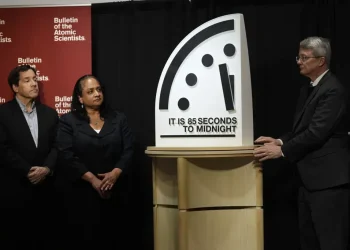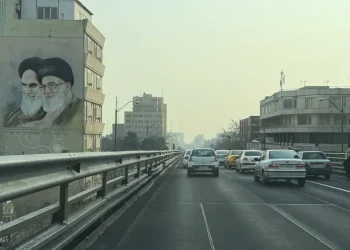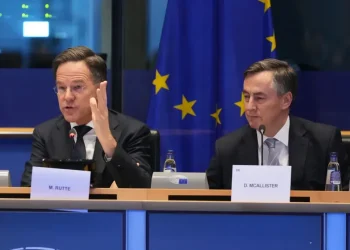Five Australians from Bali Nine Return Home After Two Decades
Five Australians from the infamous “Bali Nine” heroin-trafficking group have returned home after spending nearly 20 years imprisoned in Indonesia. This marks a significant development in a case that has strained relations between the two nations for almost two decades.
Who Are the Bali Nine?
The Bali Nine were arrested in 2005 for attempting to smuggle over 8 kilograms (17.6 pounds) of heroin from Bali’s Denpasar International Airport into Australia. The group’s actions led to severe consequences under Indonesia’s strict drug laws, with two members executed and others receiving life sentences.
Four members were caught at the airport with drugs strapped to their bodies, while others were apprehended at a hotel in Kuta. Andrew Chan and Myuran Sukumaran, identified as the ringleaders, were sentenced to death and executed in 2015, causing an outcry in Australia and marking what former Australian Prime Minister Tony Abbott called “…a dark moment in the relationship.”
The Long Road Home
The five individuals who returned—Si Yi Chen, Michael Czugaj, Matthew Norman, Scott Rush, and Martin Stephens—had been serving life sentences in Indonesia. Their return follows months of diplomatic efforts by Australian Prime Minister Anthony Albanese, who raised their case with Indonesian President Prabowo Subianto during the APEC Summit in Peru last month.
“I am pleased to confirm that Australian citizens Si Yi Chen, Michael Czugaj, Matthew Norman, Scott Rush, and Martin Stephens have returned to Australia this afternoon,” Albanese wrote on X (formerly Twitter) on Sunday.
Diplomatic Breakthrough
Indonesia’s Law Minister confirmed the agreement to repatriate the men following Albanese’s discussions with Subianto. “I thank President Prabowo Subianto for his compassion,” Albanese said. Foreign Minister Penny Wong echoed the sentiment, stating that the return allows the men to “continue their personal rehabilitation and reintegration in Australia.”
The return also highlights a significant thaw in tensions between Australia and Indonesia. The case had been a contentious point for years, with Canberra consistently advocating for clemency for the group.
The Aftermath of the Bali Nine Case
The Bali Nine case exposed the severity of Indonesia’s anti-drug laws, which include capital punishment for trafficking offenses. In addition to the executions of Chan and Sukumaran:
- Renae Lawrence, the only female member, was released in 2018 after serving 13 years of her 20-year sentence, commuted due to good behavior.
- Tan Duc Thanh Nguyen, another member, died of kidney cancer in custody in 2018.
The remaining five members—now free in Australia—were previously denied parole due to Indonesia’s hardline stance on drug crimes.
Looking Ahead
The release of the Bali Nine members marks a new chapter in a decades-long saga. While their freedom will likely reignite discussions about drug laws and international diplomacy, their focus now shifts to rebuilding their lives in Australia. The case remains a stark reminder of the harsh penalties for drug trafficking in Southeast Asia.
This article was rewritten by JournosNews.com based on verified reporting from trusted sources. The content has been independently reviewed, fact-checked, and edited for accuracy, neutrality, tone, and global readability in accordance with Google News and AdSense standards.
All opinions, quotes, or statements from contributors, experts, or sourced organizations do not necessarily reflect the views of JournosNews.com. JournosNews.com maintains full editorial independence from any external funders, sponsors, or organizations.
Stay informed with JournosNews.com — your trusted source for verified global reporting and in-depth analysis. Follow us on Google News, BlueSky, and X for real-time updates.
